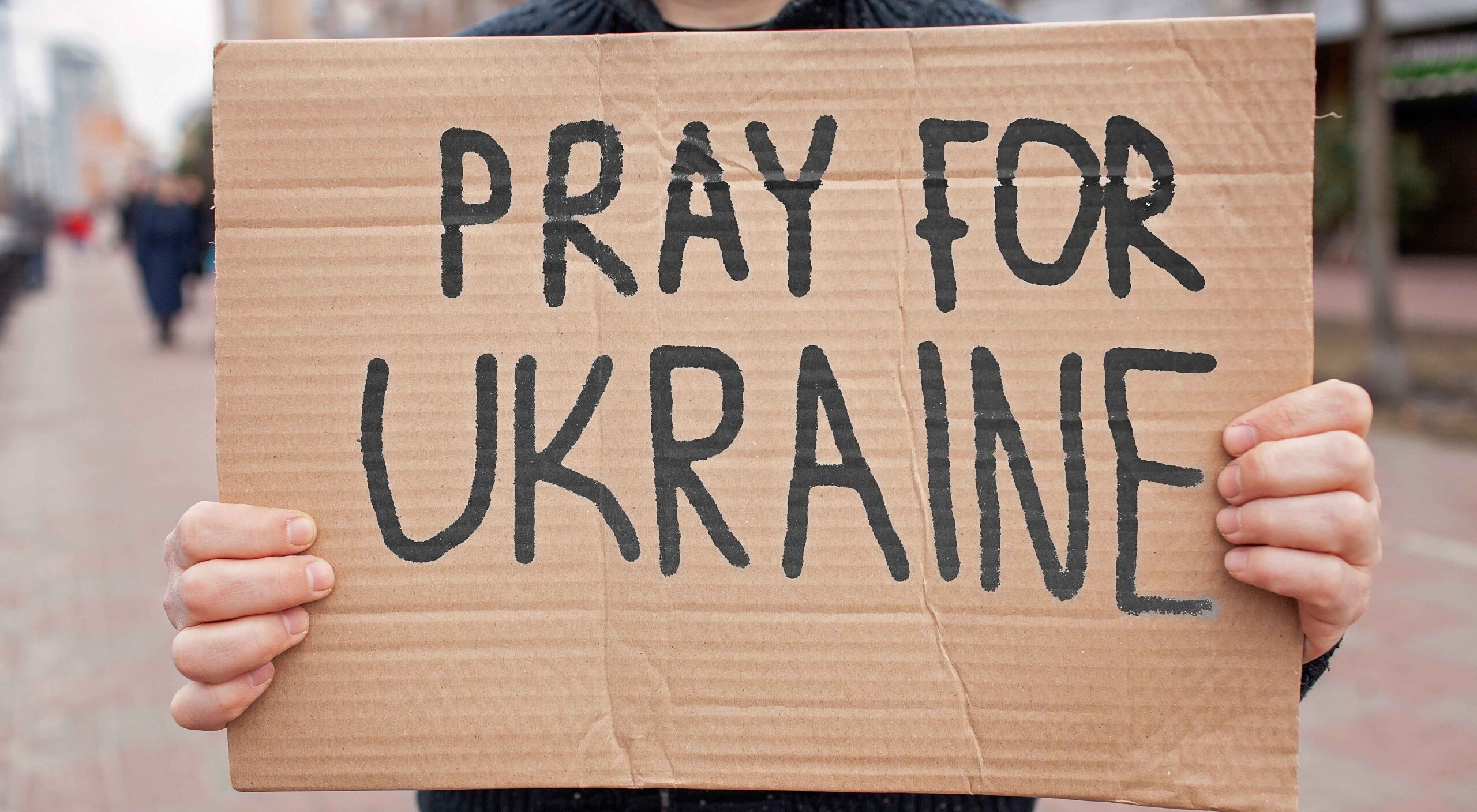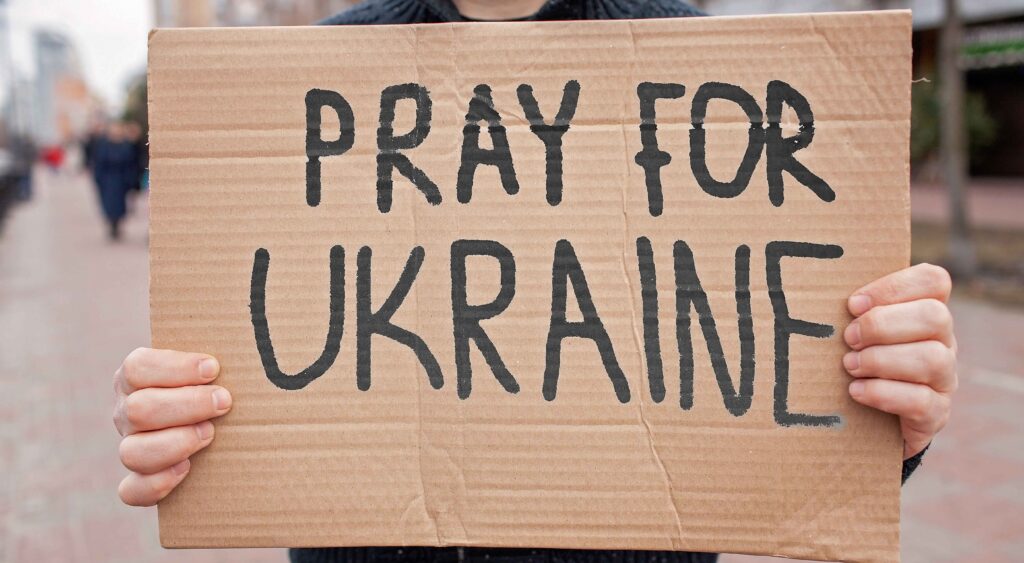 Image: AdobeStock
Since tensions between Russia and Ukraine began to escalate, several global segments have felt the impacts and this was no different in the commodities market. The apprehension on international stock exchanges in search of direction was noticeable and the biggest players in this segment began to withdraw their offers suddenly.
Image: AdobeStock
Since tensions between Russia and Ukraine began to escalate, several global segments have felt the impacts and this was no different in the commodities market. The apprehension on international stock exchanges in search of direction was noticeable and the biggest players in this segment began to withdraw their offers suddenly.
“The world doesn’t have a minute of peace. Two years since the start of the pandemic, the market has turned upside down and it seems that it does not intend to return to normal anytime soon, first with the Covid 19 restrictions, then the international shipping crisis and now that the market was getting back to normal. Optimistically, we would never imagine experiencing a war in the middle of Europe, which has not happened since the Second World War”, said Muriel Malvasi, Manager of the Soft Oils Unit at Aboissa.
The prices of oil and vegetable oils were already on an upward trend post-pandemic. Furthermore, we also already had the impacts caused by the crop failure in South America, mainly soybeans, where Brazil, Argentina and Paraguay had their harvest forecasts reduced. ''Unstable weather conditions, such as heavy rains, followed by long periods of drought, ended up resulting in a drop in product, which already exceeds 5% when talking about soybeans'', explained Laura Pereira, a specialist in sunflower oil.
As a result, when Russia's invasion of Ukraine actually took place in the early hours of this past Thursday, February 24, the market stopped. Ukraine triggered Martial Law, first blocking the country's airspace and, hours later, the ports. This Friday, we received official announcements of a halt in maritime movement at the country's main ports. As we mentioned above, the market was becoming optimistic again, but since yesterday it has returned with a lot of uncertainty and speculation hampering various operations around the world.
Ukraine is an unparalleled partner for commodities and supports large productions on its territory. For example, it is the sixth largest producer of corn and barley in the world, while it plays an important role in other commodities, being seventh in the canola production ranking. But which products within your territory are being most impacted?
It is known that soybeans are one of the main commodities that guide prices and Russia and Ukraine are major exporters in the segment, with Ukraine being the ninth largest producer in this chain. Flowing through the Black Sea, they have always been a good option for the Asian, European and Indian markets, due to their location and competitive prices. However, since the attacks began, suppliers stopped their offers and all scheduled shipments were temporarily suspended.
“Some local companies, Aboissa partners, reported that the crushing plants are closed for employee safety reasons and nothing will be done until the situation is under control”, comments Tiago Vicente, Aboissa specialist in soybean oil.
Buyers who were already afraid to buy products from the region are now looking for other sources to meet their demands. As a result, the rise in prices is already certain, for example, CBOT oil futures approached their historic highs and China, which is its main buyer, saw prices soar after the attacks began.
Of all its vast production, Ukraine has sunflower as its biggest highlight, being the largest producer in the world with more than 7 million tons of oil in its 2021/2022 harvest. Its main importers, China and India, are also the largest importers of commodities in the world, having great importance when making any market movement. There are still several sunflower operations underway, this is because these markets are known for making substantial purchases ahead.
 Image: AdobeStock
Image: AdobeStock
Considering the current moment, the actions of sunflower buyers are focused on Latin America, which holds almost 3 million tons of sunflower oil, and Argentina becomes the target for searching for this product. During Thursday (24), with the market at a standstill, it was only possible to discuss the next steps for the Argentine market, which appears to be insecure. “The biggest producers in Argentina have stopped the market, and they intend to keep it that way for a few weeks, until they understand the reality of the situation in Ukraine, then they will make a big move in the market”, adds Laura.
But even with Argentina helping the market, this is not a good year, and a drop in the southern sunflower harvest of 4% is already forecast. The rise in prices is very clear, considering the lack of product on the market, versus the great demand that is to come.
In the peanut market, we talked to our partners who also see possible impacts, as sanctions are imposed on Russia and shipping companies and banks are affected. ''Brazil exports peanuts in grain to both Russia and Ukraine, but Russia is one of the main consumer markets: last year, 39% of exports were destined for them'', explained Melinda Rodrigues, a specialist in peanut oil in Aboissa.
Amid this scenario, exporters are looking for short-term solutions for their businesses. “For cargo that has not yet been shipped, we will wait a few days. Cargoes already dispatched, we are monitoring with customers and shipping companies what would be the best option: continuing the journey, waiting at a transshipment port or redirection”, commented Robson Fonseca, Commercial Manager at COPLANA.
Regarding the impacts on prices, as peanuts are not priced on the stock exchange, it is more difficult to understand the immediate repercussions. In the international peanut oil market, there is the influence of other oils. ''We understand that there will be an increase in the prices of peanut oil, which is already being experienced with the increase in Chinese demand and the prices of other commodities'', explained Diego Bracco, Commercial Manager at Maniagro.
In short, the commodities market in general has been very volatile and although factors such as climate and harvests are extremely important for the pricing of vegetable oils, the geopolitical scenario is also extremely important, having the power to quickly change the market. There is no other remedy than patience and calm to understand how the market will react from now on, depending on the developments of the invasion. We know that the next few weeks will be very important and we advise our clients to stay informed in order to make the most strategic decisions possible in this scenario.
By: Aboissa Commodity Brokers | Editor: Aboissa Soft Oils Team













